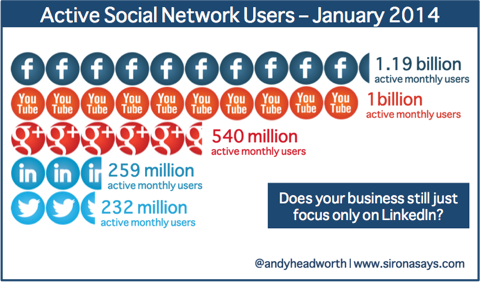
How do you overthrow the king? Who do you put in his place?
There are a handful of new entries in the alternative-social networking space attempting to answer this question. They represent a fairly broad range of guesses at what post-Facebook social networking may be like. There’s lots to say about the options on the table and what appears to be around the corner.
In this series of posts, we will discuss three core features we believe are crucial for the next generation of social networking: Decentralization, Compensation, and Reputation.
Decentralization
We are no longer bound by the requirement of having a single resource-rich entity that manages and controls the social network for us. We have the technology to run a distributed social network where users may contribute the storage, bandwidth and computational power needed to maintain it – and be compensated for the task. Not having to turn to the lowest common denominator, communities may choose how to govern themselves and organize according to their principles and values.
Today’s mainstream social networks are run as for-profit companies, with shareholders benefiting financially off the data and content generated as we live our digital lives. As users, we have no say in the way these networks are operated and precious little control of the data we make available. The most we can do is hope our privacy settings are configured properly, but even then, these settings do not apply for the administrators of the network.
If we do choose to make activity public, the way our content flows across the network is entirely up to the design of the network. We have no right to inspect the algorithms that Facebook uses to shape our newsfeed, let alone control it. We do not know:
The impact and results of Facebook’s numerous interface experiments
The impact and scale of Facebook’s unpublished psychological experiments
What other techniques existing social networks use to manipulate our attention
Social networks are for-profit companies, and whatever actions these companies take, the only people holding them accountable are shareholders, not users.
If we want our social networks to be secure, private, and answerable to us, they must be decentralized. Decentralization means no one authority controls the entire network. It means our data stays ours, and that we have control over how that data is used. It means open development and transparent discussions about the networks that shape our lives.
People have long understood the need for decentralized networks. Diaspora is one of the more popular decentralized networks, and it is managed as a non-profit open source project that has earned the trust of its users. At Synereo, we see the success of Diaspora as an affirmation of the importance of decentralization. Synereo is attempting to improve on this model by using blockchain technology that ensures a level of security and privacy fit for the next generation of social networking coupled with ease of use that matches the standard web experience.
But we’ve been worried about security since the very early days of the internet, and privacy controls are a never-ending struggle with social networks. We’re going to need more than just decentralization to spark a social network revolution. In the next installment of this series, we’ll talk about the role of compensation in designing the next generation of social networks.
Hi! I am a content-detection robot. This post is to help manual curators; I have NOT flagged you.
Here is similar content:
https://github.com/synereo/synereo.github.io/commit/bb6aedfd2346cc76bdace1c084d8a70f7fa831fb
NOTE: I cannot tell if you are the author, so ensure you have proper verification in your post (or in a reply to me), for humans to check!
Downvoting a post can decrease pending rewards and make it less visible. Common reasons:
Submit
You are wrong this time.
Downvoting a post can decrease pending rewards and make it less visible. Common reasons:
Submit
Cryptocoins (etc bitcoin) are our revolution now!
Downvoting a post can decrease pending rewards and make it less visible. Common reasons:
Submit
Downvoting a post can decrease pending rewards and make it less visible. Common reasons:
Submit